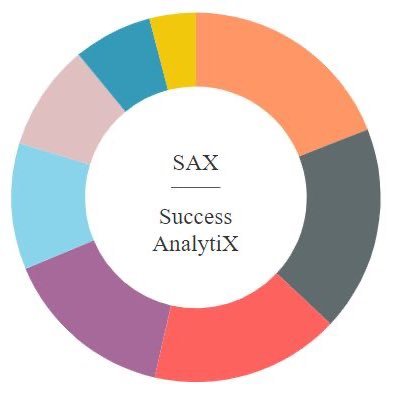Here's a list of commonly used words with their meanings and example sentences to help you expand your vocabulary:
Basic Vocabulary:
- Abrupt: Sudden and unexpected. The meeting ended abruptly.
- Ambiguous: Unclear, open to more than one interpretation. Her statement was ambiguous.
- Concise: Brief and to the point. The report was concise and informative.
- Crucial: Extremely important. It's crucial to arrive on time.
- Diverse: Showing a great deal of variety. The group was diverse, with people from many cultures.
Academic Vocabulary:
- Analysis: A detailed examination of something. A thorough analysis of the data is necessary.
- Hypothesis: A supposition or proposed explanation made on the basis of limited evidence as a starting point for further investigation.
The scientist's hypothesis was that the plant would grow faster in sunlight. - Methodology: A system of methods used in a particular area of study or activity. The researcher's methodology was sound and rigorous.
- Thesis: A statement or theory that is put forward as a premise to be maintained or proved. Her thesis was that climate change is a serious threat.
- Empirical: Based on, concerned with, or verifiable by observation or experience rather than theory or pure logic. The study used empirical evidence to support its conclusions.
Everyday Vocabulary:
- Nostalgia: A sentimental longing or wistful affection for the past, typically for a period or place with happy personal associations.
She felt a pang of nostalgia for her childhood home. - Serendipity: The occurrence and development of events by chance in a happy or beneficial way. The discovery of penicillin was a stroke of serendipity.
- Quixotic: Exceedingly idealistic; unrealistic and impractical. His quixotic plan to end world hunger was doomed to fail.
- Equivocal: Open to more than one interpretation; ambiguous. The politician's statement was equivocal, leaving many people confused.


No comments:
Post a Comment